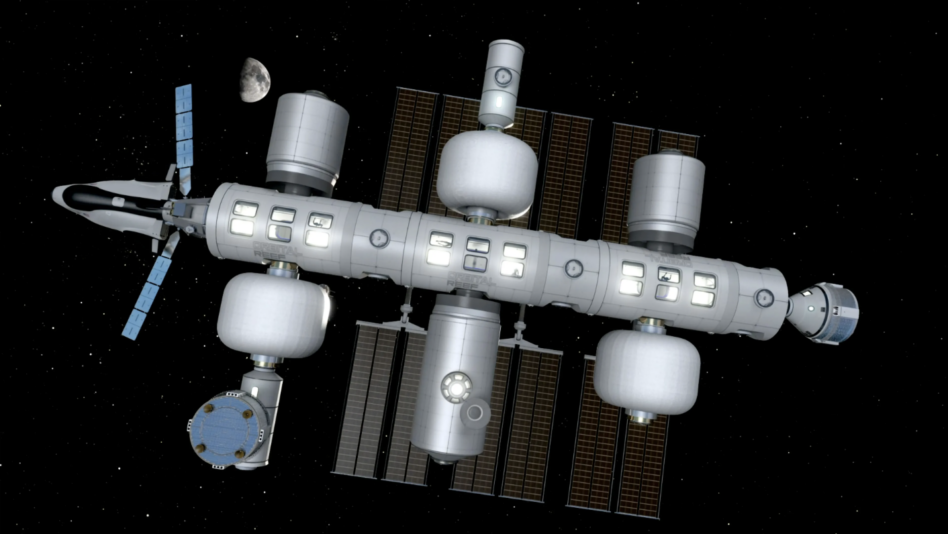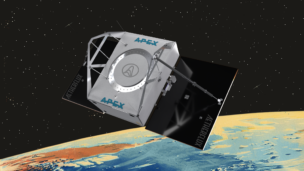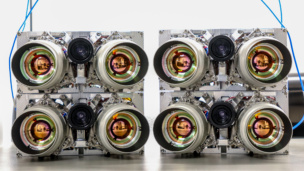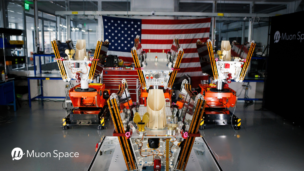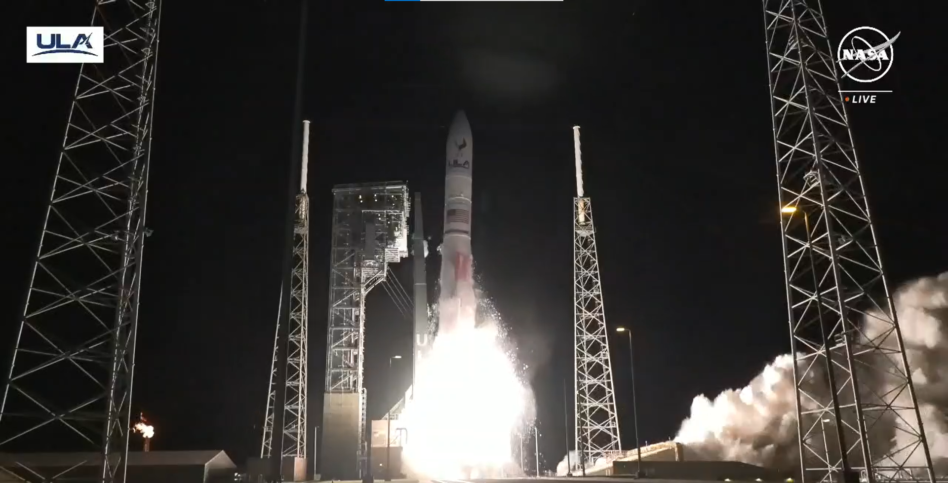NASA has reallocated a serious pot of funding for the companies still participating in its Commercial LEO Destinations (CLD) program. The agency awarded an additional $42M to the Blue Origin-led Orbital Reef and $57.5M to the Voyager-led Starlab to fund new technical milestones.
The additional funding for the program became available after Northrop Grumman ($NOC) pulled out of CLD earlier this year to team up with Voyager, freeing up $89M of unspent funding. NASA also reallocated funds from other programs to supplement the checks.
CLD crash course: In late 2021, NASA announced the selection of three CLD team leaders—Blue Origin, Nanoracks/Voyager, and Northrop—to help fund next-gen commercial stations to replace the ISS. The current state of the contracts, by our tally:
- $217.5M for Voyager/Nanoracks
- $172M for Blue Origin
NASA has also signed a $140M contract with Axiom Space under a separate program to build ISS habitat modules that will eventually separate and become a free-flying station.
For Voyager: The contract increase will fund direct docking capabilities for Northrop Grumman’s Cygnus spacecraft, along with supporting various operations, assembly, and rendezvous functions. Voyager recently completed a system definition review, optical link tests, and a water recycling demo.
For Blue Origin: The additional funding will support subsystem design reviews, tech development, and life support testing. The team recently completed tests on the station’s massive windows, which are each twice the size of a car windshield.
As for Axiom? NASA said it hasn’t forgotten Axiom, and that they are in talks with the company to provide additional funding and milestones. The construction of Axiom’s first ISS module, Hab One, is underway, and NASA says it’s on track to launch to the ISS in 2026.
+ While we’re here: In other space station-related news, the UAE agreed to build the airlock for NASA’s lunar Gateway space station. Gateway is designed to provide a jumping-off point for crewed Artemis lunar landings. The UAE is joining the US, Japan, the EU, and Canada in its construction.
